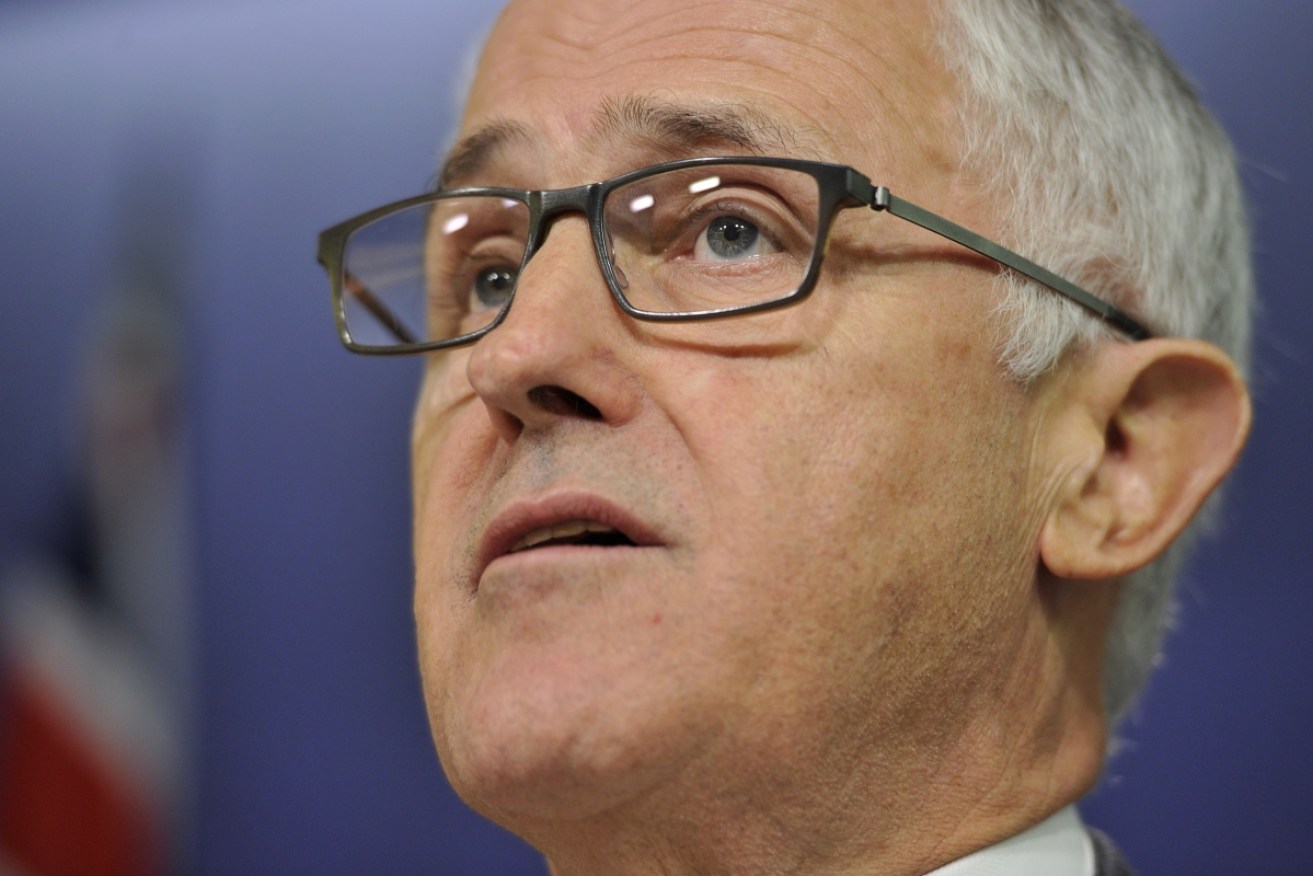May budget is the make-or-break moment for Turnbull & Co


Mr Turnbull has 30 days to deliver a budget that's suitable for big and small businesses. Photo: AAP
It’s not often in Australian politics that a government’s first budget in a new, three-year parliamentary term is considered a deal breaker. But there’s no other way of looking at the upcoming May budget when it comes to Malcolm Turnbull.
Tony Abbott’s first one, the horror budget of 2014, was decisive only in retrospect.
Yes, there were high expectations of that announcement, particularly whether it would deliver on Joe Hockey’s “end of entitlement” rhetoric.
But no-one at the time predicted PM Abbott and his team would so misjudge the Australian people that their first budget would be one of the reasons Mr Abbott was removed from the Liberal leadership just over a year later.
The first budget is traditionally a harsh one, when governments get the unpopular decisions out of the way in the hope that any “tough love” measures will be long-forgotten when the next election rolls around.
Tony Abbott learned there’s a limit to what voters will accept as “tough but fair” – particularly if a budget is demonstrably NOT fair – but Malcolm Turnbull seems destined to repeat the mistake.
The PM and his brains trust have either misjudged the willingness of Australian voters to accept that corporate tax cuts are beneficial let alone fair, or failed miserably in selling that message.
The same goes for reforms to welfare payments, the freeze on the Medicare rebate and the cuts to penalty rates.
Bill Shorten and the Labor opposition have run a strong campaign emphasising how unfair (and out of touch) the government’s policies are, and the PM should expect that campaign to continue until polling day.
Malcolm Turnbull has just 30 days to reverse the damage he’s already inflicted on the budget.
The only way to curtail Labor’s momentum is to ensure the budget is welcomed by those groups who would normally be expected to criticise it for unfairness.
No, your correspondent has not lost her mind.
This is exactly what John Howard did when he introduced the GST. Mr Howard and his Treasurer Peter Costello worked not only with business groups but also the Australian Council of Social Services and other advocacy groups to identify a tax reform package that would be acceptable to all.
So when the GST package was announced, Labor’s attack was blunted because many of its natural allies had cautiously backed the government instead.
This collegiate approach is the only way Malcolm Turnbull can produce a budget that won’t represent his political death warrant. Labor’s “$50 billion handout to big business” catchcry has taken hold in the public consciousness.
Having let that perception take hold, the PM is going to find it almost impossible to reverse – and insisting on crashing through with the business tax cuts will only make matters worse.
The PM must take a different approach if he is to be competitive in the “fairness” game.
Mr Turnbull should work with the representatives of big and small business, as well as the groups that advocate on behalf of welfare recipients and other underprivileged Australians, to identify a package of reforms that meet the needs of all groups.
The resulting package would still have corporate tax cuts – for welfare groups understand economic necessities just as well as the business groups do – but it would likely also include equity measures, such as closing the loopholes that allow profitable businesses to avoid paying tax, introducing stronger penalties for corporate malfeasance, and making changes to fringe benefit and capital gains taxes.
There would also likely be some welfare increases.
No-one is suggesting this would be an inexpensive way of producing a budget to ensure it got broad public support from these groups, and therefore the community.
However the increased revenue raised from business would go at least some way to meeting the increased cost of welfare.
Inevitably, the business community would be cranky, but given it has shown little inclination to deal with its own excesses, the sector would have to make do with what it was given.
Also inevitably, Malcolm Turnbull would have to contend with the economic dries and conservatives within his government, some of whom would be livid about increased government spending on welfare recipients and other “unproductive” members of society.
In response to their complaints, the PM would be able to point to the opinion polls showing support for what voters considered to be a “tough but fair” budget.
The Senate crossbench would take note and act accordingly. And support for the Turnbull Government would also likely improve.
Given that a popular budget, a workable Senate and good approval ratings are three things that Tony Abbott did not achieve, producing a truly fair budget is the best way – indeed the only way – that Malcolm Turnbull can avoid suffering the same fate as his predecessor.
Last week Tony Abbott’s flag-carrier, Peta Credlin, claimed the PM needed to “go bold” in the budget if he was going to survive. He does indeed, but just not the way Ms Credlin intended.








